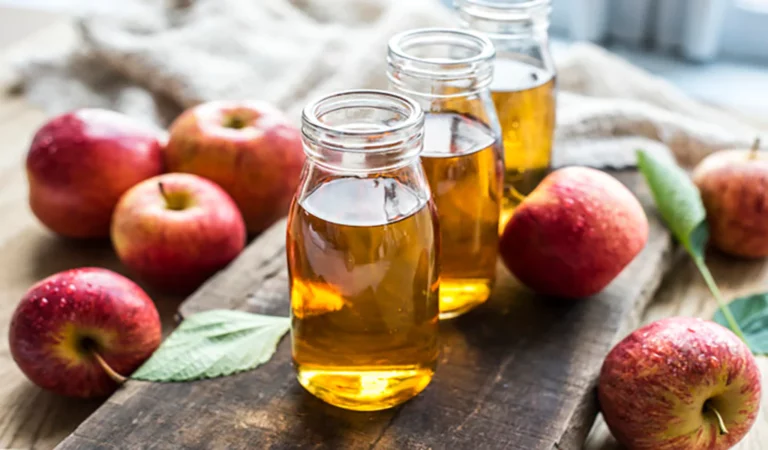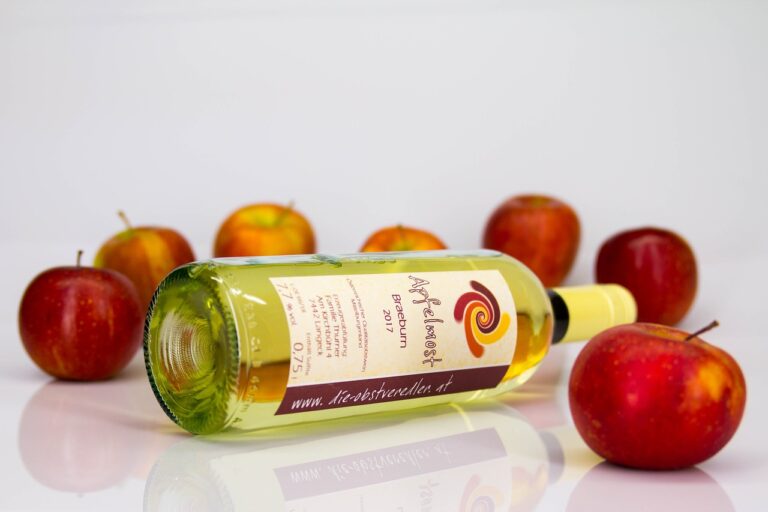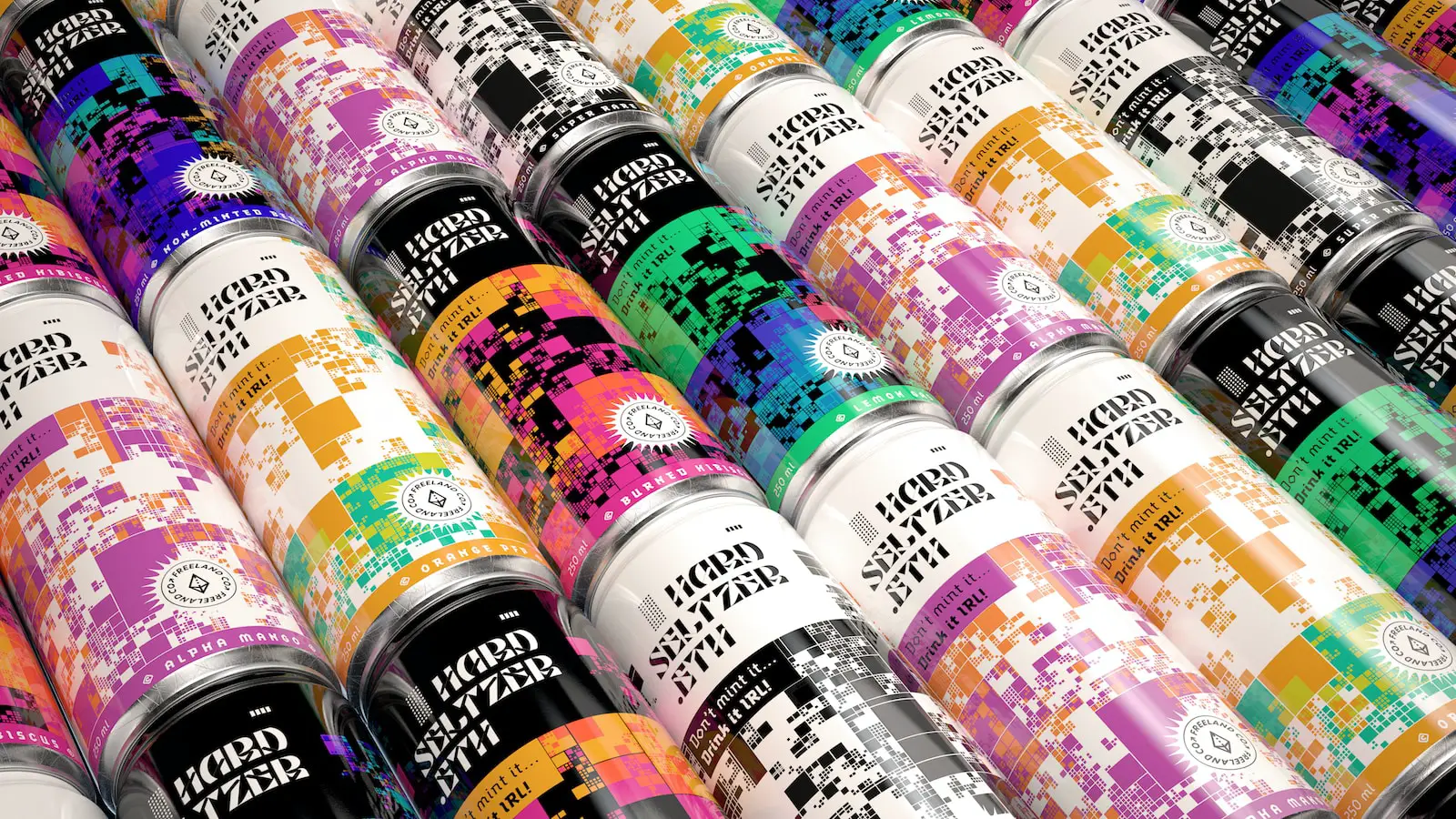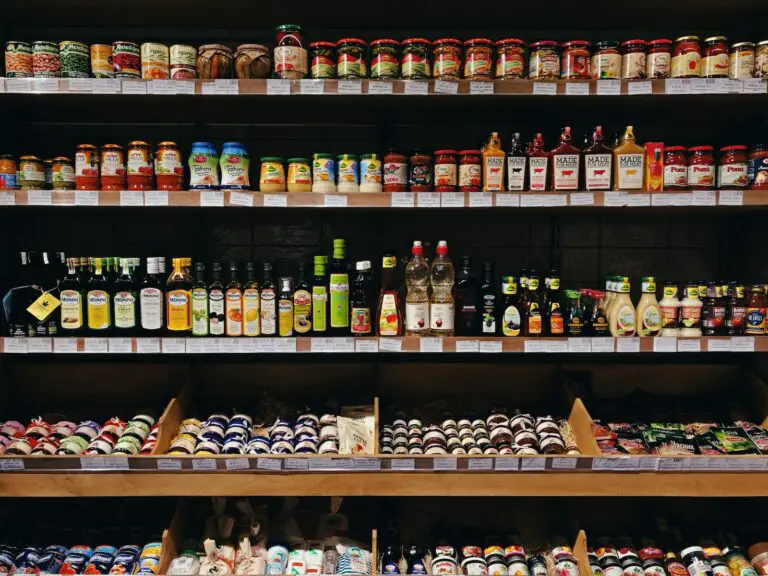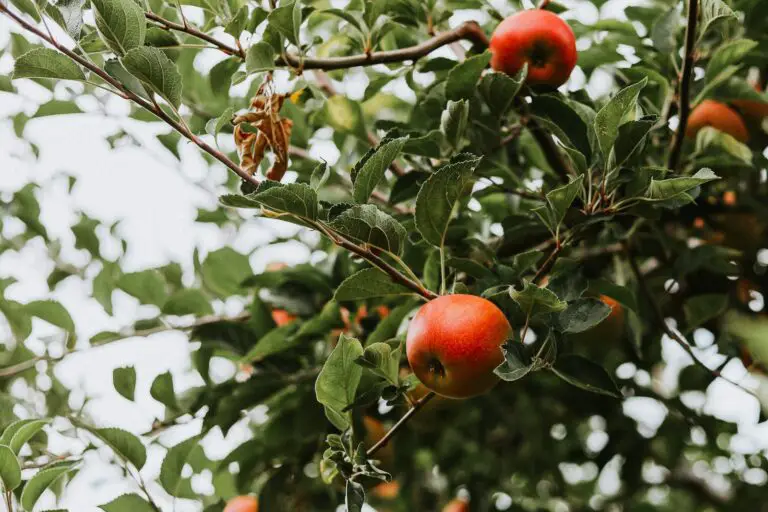“Shaken, not stirred” – these iconic words were uttered, of course, by the legendary James Bond.
But what do they mean? When it comes to making a classic martini, there’s one essential ingredient that can’t be left out: vermouth.
It’s impossible to make a martini without it – and yet many people don’t understand why it’s so integral to the drink.
Adding no more than a few dashes of vermouth is the key to taking an ordinary gin or vodka martini and making it truly special.
Let’s take a deep dive into the world of mixology and explore why vermouth is such an essential ingredient for making the perfect martini.
What Is Vermouth?
When it comes to a perfectly made martini, one ingredient stands out among the rest: vermouth.
We know it’s essential for this classic cocktail, but what is it exactly?
Vermouth is an aromatized fortified wine—basically, it’s a dry white wine that is flavored with herbs and spices and then fortified with a little bit of brandy or other spirits.
It .comes in two distinct varieties: sweet and dry. Sweet vermouth is usually made with red wine, while dry vermouth usually uses a white wine base.
The key factor here is the flavor complexity that vermouth brings to the table.
Unlike your typical gin or vodka, vermouth has many nuanced flavors that help bring the martini to life.
The herbal notes of the spice cabinet like rosemary, sage, and coriander balance out the nuances of juniper that come from the gin, while adding a touch of sweetness to the wine base.
All in all, vermouth adds an unmistakable depth and aroma to any martini.
How Does Vermouth Enhance the Martini Flavor?
Vermouth is an essential ingredient in a classic martini, and its flavor is what really makes it stand out from other cocktails.
It adds an unmistakable herbal aroma and delicate sweetness that helps to elevate the flavors of the gin or vodka and rounds out the other components like dry vermouth or olive brine.
Vermouth also helps to balance out the flavors of the drink.
With just gin or vodka it can be quite strong, but adding a splash of vermouth tames the strength and provide subtle complexity.
The extra ingredient also gives the cocktail depth and roundness, making it more enjoyable than a standard martini.
Not only does vermouth add flavor, but it also serves a functional purpose in martinis by helping to dilute the drink and make it easier to sip.
Furthermore, many recipes call for chilling your martini in a shaker with ice before straining, which further mellows it out and condenses all of the flavors together.
Put simply, vermouth is key for creating that perfect martini flavor—a smooth blend of botanicals with no harsh notes or overly strong alcohol taste—and there’s no way to achieve this without it!
Different Types of Vermouth and Their Origin
Who knew there was so much to learn about vermouth, right? There are actually several types of vermouth, depending on the region in which it is made.
Let’s explore some of the most popular ones and where they come from.
· Italian Vermouth
As you might expect, Italian vermouth is made in Italy and is known for its unique aroma and delicate flavor.
It features bitter herbs like gentian and rhubarb along with sweeter botanicals such as thyme and rosemary for an exquisite taste.
French Vermouth
French vermouth is typically made with an aging process that takes around 3 years.
This type of vermouth has more robust flavors, featuring herbaceous notes of thyme, sage, and oregano.
It also has a hint of smokiness which provides a nice balance to its sweetness.
· Spanish Vermouth
Lastly, Spanish vermouth has a more complex flavor profile than either French or Italian varieties due to its aging process which can last up to 4 years.
It features herbaceous flavors such as lavender and anise along with sweet notes like honey and orange peel.
This combination creates an exceptionally smooth drink that’s perfect for a martini or other classic cocktails.
So now you know that there are different types of vermouth out there — each offering its own unique flavor profile — but why does it matter? The answer is simple: different types of vermouth bring added depth, complexity, and flavor to your drinks—and isn’t that what makes a great martini or other cocktails?
So, make sure to pick the right kind to get the perfect mix!
The Perfect Martini Recipe Using Vermouth
When it comes to crafting the perfect martini, vermouth is the essential ingredient.
It may seem like a simple addition at first, but without vermouth, your martini won’t be as smooth, balanced, and flavorful.
So why is vermouth used in martinis?
· Sweetening it Up
Vermouth is a fortified wine made by infusing dry white wine with herbs, spices, and fruits, which makes it a great option for upping the sweetness and complexity of your martini.
Plus, you get to choose between the two types of vermouth available: sweet (red) and dry (white).
· The Perfect Balance
A well-made martini should always have a balance between sweetness and bitterness—not too much of either.
That’s why combining spirits with vermouth is ideal—it helps strike an even balance between both flavors.
For example, when mixing up a classic gin martini, you’d need to use 2 parts gin with 1 part dry vermouth (or 1 part gin and 1 part sweet vermouth).
This ratio ensures that your drink isn’t too cloying or boozy-tasting.
By using just a few drops of dry or sweet vermouth in your cocktail—the exact amount will depend on how strong you like it—you’ll create that perfect balance between fruitiness and herbal notes without overpowering the flavor of the spirits.
Conclusion
So, next time you go to make a martini, please don’t forget the vermouth! A good quality dry vermouth is essential to creating that perfect balance of sweet, herbal, and bitter flavors.
When combined with the right proportion of gin, you will be sure to create a classic martini that you and your guests will love.
So, shake or stir your cocktail to perfection, and remember to include the essential ingredient—vermouth!


